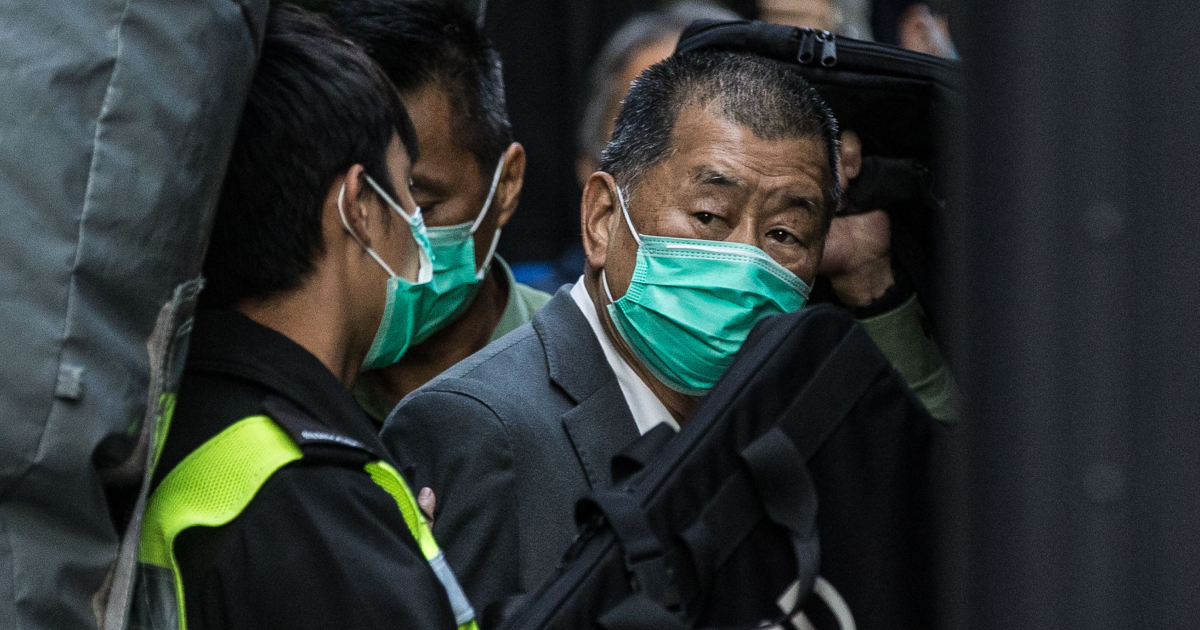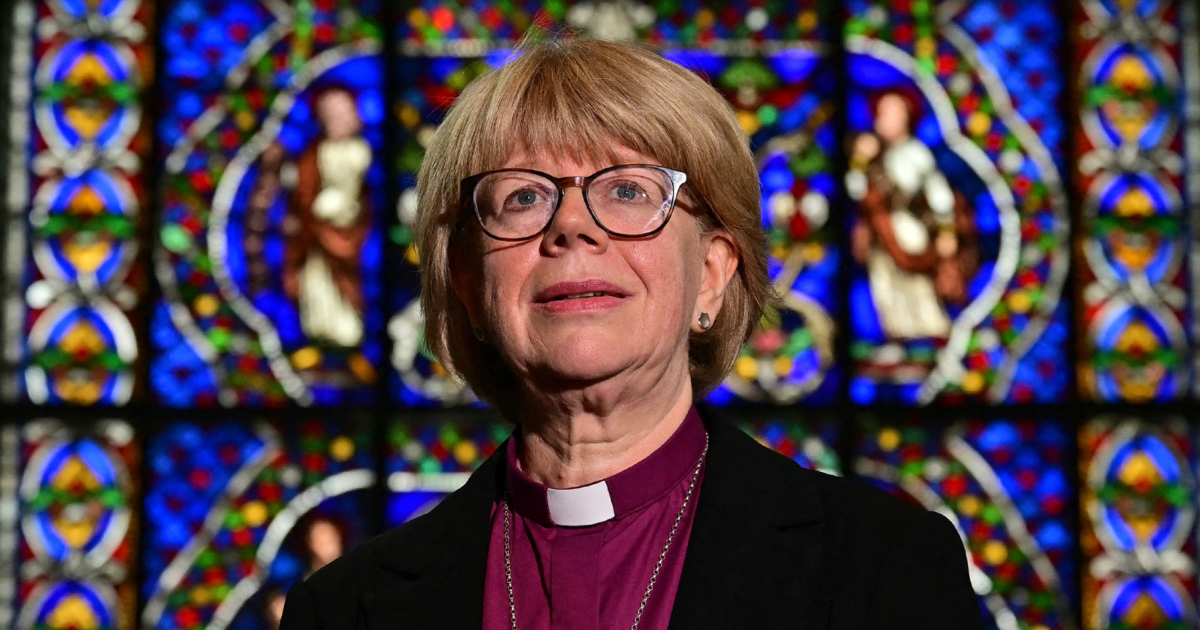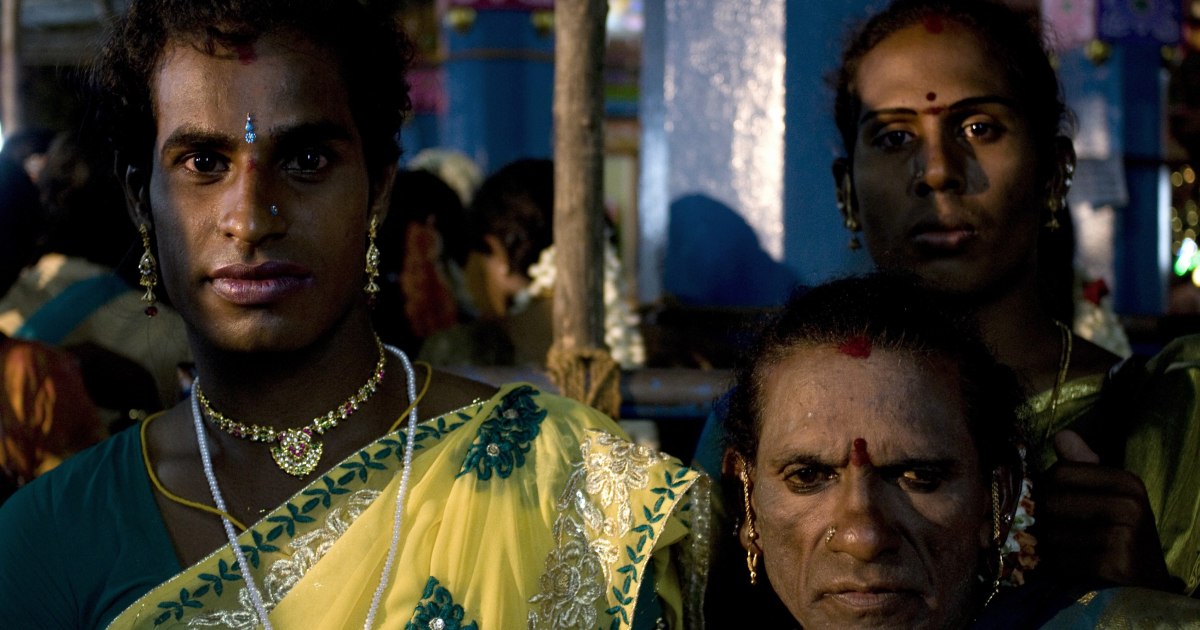The former chief coroner has warned that the Terminally Ill (End of Life) Bill could lead to “non-voluntary euthanasia” occurring, whereby patients are in effect euthanised and put to death.
Thomas Teague KC, who served as chief coroner of England and Wales from 2020 to 2024, said in a new report that safeguards promised by the MP behind the Bill and endorsed by its supporters would not hold if the legislation was to pass through the House of Commons at the end of the month and become law, reports the Daily Telegraph.
“Many of the safeguards promised by its supporters amount to nothing more than arbitrary restrictions, with no rational foundation,” Mr Teague writes in a report by the Policy Exchange think tank.
“Reason demands their removal, propelling an irreversible expansion of scope that has already taken place in the Netherlands and elsewhere.
“This process is as logically inexorable as it is empirically inevitable, for the very arguments relied upon to justify physician-assisted suicide would also support the introduction of voluntary and, ultimately, non-voluntary euthanasia.”
MPs are set to vote on plans to legalise assisted suicide/dying for mentally competent, terminally ill adults that have the approval of two doctors and a judge on 29 November, when the bill gets its Second Reading.
RELATED: Judicial ‘safeguards’ of assisted suicide Bill are worthless, says father of baby abandoned by courts
The Telegraph notes that last week, a dozen human rights barristers and legal experts warned that the scope of the application of assisted suicide/dying in Britain could be rapidly expanded because of the country’s membership of the European Convention on Human Rights.
The law professionals note that under the convention it could be ruled that denying assisted deaths to some groups and not to others is discriminatory, resulting in what the Telegraph describes as "a huge expansion of the law".
In addition to Mr Teague’s concerns, the findings of the Policy Exchange report, which warns that the bill risks leading to a slippery slope of unintended consequences, are supported by Lord Sumption, the former Supreme Court Justice; Dominic Grieve, the former Attorney General; and Baroness O’Neill, the former chairman of the Equality and Human Rights Commission.
“The lesson of this paper is that medically assisted suicide arouses strong feelings, and strong feelings make for muddled thinking and moral confusion,” Lord Sumption says.
The report has been called “required reading for MPs” by Baroness Tanni Grey-Thompson, a former Paralympian, who adds: “Parliamentarians should be in no doubt that a change to this law would fundamentally alter the political and societal landscape for disabled people.”
The report’s main author, John Keown, Rose Kennedy Chair at the Kennedy Institute of Ethics at Georgetown University in Washington, DC, says that similar legalisation of assisted dying in Canada has provided “a revealing and ongoing illustration of the slippery slope”.
Assisted dying/suicide for the terminally ill was first introduced in Canada in 2016 and its scope has rapidly expanded since. In 2021, disabled people were given the option to end their own lives and people with mental health conditions are set to be included by 2027.
Proposed by Kim Leadbeater, the Labour MP who tabled the legislation as a private member’s bill, the Terminally Ill Adults (End of Life) Bill is making its way through Parliament, but many MPs are still undecided about their voting intentions, the Telegraph reports. Because it is a free vote based on conscience, MPs do not have to vote in line with the political party whips.
“I believe this Bill not only offers protections to people nearing the end of their lives that they don’t have at present, but also provides for the strictest safeguards anywhere in the world," Ms Leadbeater says.
To qualify, a person must be registered with a GP for at least 12 months, and have the mental capacity to make a choice about the end of their life.
The person must be terminally ill and expected to die within six months and be free from coercion or pressure. Two doctors and a High Court judge must approve their application and there must be a “cooling off” period of up to 21 days from the first assessments unless the patient is expected to die imminently.
While the Government has adopted a position of neutrality on the bill, with ministers asked by the Cabinet Secretary not to share their personal views in public, Wes Streeting, the UK's Health Secretary, has been vocal in his opposition to the Bill.
He has warned that the poor state of end-of-life support and provisions in the UK could impact the choice of terminally ill patients, meaning that they didn’t actually have a “genuine choice”.
The Heath Secretary’s decision marks a notable reversal in his stance on the issue, having previously voted to legalise assisted suicide in 2015.
Shabana Mahmood, the Justice Secretary, has also publicly opposed the bill because of her “unshakeable belief in the sanctity and the value of human life”.
Prime Minister Keir Starmer, who previously expressed his personal support for assisted suicide, has said he is still undecided, while the Cabinet is thought to be privately divided on the issue, the Telegraph notes.
Photo: A veterinarian draws an injection of sedative to put a dog to sleep ahead of a final euthanasia injection. (Photo by John Moore/Getty Images.)
RELATED: Be compassionate: Assisted suicide statement of bishops of England, Wales and Scotland in full
The former chief coroner has warned that the Terminally Ill (End of Life) Bill could lead to “non-voluntary euthanasia” occurring, whereby patients are in effect euthanised and put to death.
Thomas Teague KC, who served as chief coroner of England and Wales from 2020 to 2024, said in a new report that safeguards promised by the MP behind the Bill and endorsed by its supporters would not hold if the legislation was to pass through the House of Commons at the end of the month and become law, <a href="https://www.telegraph.co.uk/politics/2024/11/17/assisted-dying-coroner-warns-expand-mental-health-disabled/"><mark style="background-color:rgba(0, 0, 0, 0)" class="has-inline-color has-vivid-cyan-blue-color">reports</mark></a> the <em>Daily Telegraph</em>.
“Many of the safeguards promised by its supporters amount to nothing more than arbitrary restrictions, with no rational foundation,” Mr Teague writes in a report by the Policy Exchange think tank.
“Reason demands their removal, propelling an irreversible expansion of scope that has already taken place in the Netherlands and elsewhere.
“This process is as logically inexorable as it is empirically inevitable, for the very arguments relied upon to justify physician-assisted suicide would also support the introduction of voluntary and, ultimately, non-voluntary euthanasia.”
MPs are set to vote on plans to legalise assisted suicide/dying for mentally competent, terminally ill adults that have the approval of two doctors and a judge on 29 November, when the bill gets its Second Reading.
<a href="https://catholicherald.co.uk/judicial-safeguards-for-assisted-suicide-cant-be-trusted-says-father-of-baby-left-to-die-by-court/?swcfpc=1"><mark style="background-color:rgba(0, 0, 0, 0)" class="has-inline-color has-vivid-cyan-blue-color"><strong><em>RELATED: Judicial ‘safeguards’ of assisted suicide Bill are worthless, says father of baby abandoned by courts</em></strong></mark></a>
The <em>Telegraph</em> notes that last week, a dozen human rights barristers and legal experts warned that the scope of the application of assisted suicide/dying in Britain could be rapidly expanded because of the country’s membership of the European Convention on Human Rights.
The law professionals note that under the convention it could be ruled that denying assisted deaths to some groups and not to others is discriminatory, resulting in what the <em>Telegraph</em> describes as "a huge expansion of the law".
In addition to Mr Teague’s concerns, the findings of the Policy Exchange report, which warns that the bill risks leading to a slippery slope of unintended consequences, are supported by Lord Sumption, the former Supreme Court Justice; Dominic Grieve, the former Attorney General; and Baroness O’Neill, the former chairman of the Equality and Human Rights Commission.
“The lesson of this paper is that medically assisted suicide arouses strong feelings, and strong feelings make for muddled thinking and moral confusion,” Lord Sumption says.
The report has been called “required reading for MPs” by Baroness Tanni Grey-Thompson, a former Paralympian, who adds: “Parliamentarians should be in no doubt that a change to this law would fundamentally alter the political and societal landscape for disabled people.”
The report’s main author, John Keown, Rose Kennedy Chair at the Kennedy Institute of Ethics at Georgetown University in Washington, DC, says that similar legalisation of assisted dying in Canada has provided “a revealing and ongoing illustration of the slippery slope”.
Assisted dying/suicide for the terminally ill was first introduced in Canada in 2016 and its scope has rapidly expanded since. In 2021, disabled people were given the option to end their own lives and people with mental health conditions are set to be included by 2027.
Proposed by Kim Leadbeater, the Labour MP who tabled the legislation as a private member’s bill, the Terminally Ill Adults (End of Life) Bill is making its way through Parliament, but many MPs are still undecided about their voting intentions, the <em>Telegraph</em> reports. Because it is a free vote based on conscience, MPs do not have to vote in line with the political party whips.
“I believe this Bill not only offers protections to people nearing the end of their lives that they don’t have at present, but also provides for the strictest safeguards anywhere in the world," Ms Leadbeater says.
To qualify, a person must be registered with a GP for at least 12 months, and have the mental capacity to make a choice about the end of their life.
The person must be terminally ill and expected to die within six months and be free from coercion or pressure. Two doctors and a High Court judge must approve their application and there must be a “cooling off” period of up to 21 days from the first assessments unless the patient is expected to die imminently.
While the Government has adopted a position of neutrality on the bill, with ministers asked by the Cabinet Secretary not to share their personal views in public, Wes Streeting, the UK's Health Secretary, has been <a href="https://catholicherald.co.uk/uk-health-secretary-breaks-ranks-to-vote-against-assisted-suicide/"><mark style="background-color:rgba(0, 0, 0, 0)" class="has-inline-color has-vivid-cyan-blue-color">vocal in his opposition</mark></a> to the Bill.
He has warned that the poor state of end-of-life support and provisions in the UK could impact the choice of terminally ill patients, meaning that they didn’t actually have a “genuine choice”.
The Heath Secretary’s decision marks a notable reversal in his stance on the issue, having previously voted to legalise assisted suicide in 2015.
Shabana Mahmood, the Justice Secretary, has also publicly opposed the bill because of her “unshakeable belief in the sanctity and the value of human life”.
Prime Minister Keir Starmer, who previously expressed his personal support for assisted suicide, has said he is still undecided, while the Cabinet is thought to be privately divided on the issue, the <em>Telegraph</em> notes.
<em>Photo: A veterinarian draws an injection of sedative to put a dog to sleep ahead of a final euthanasia injection. (Photo by John Moore/Getty Images.)</em>
<a href="https://catholicherald.co.uk/be-compassionate-assisted-suicide-statement-of-bishops-of-england-wales-and-scotland-in-full/?swcfpc=1"><mark style="background-color:rgba(0, 0, 0, 0)" class="has-inline-color has-vivid-cyan-blue-color"><strong><em>RELATED: Be compassionate: Assisted suicide statement of bishops of England, Wales and Scotland in full</em></strong></mark></a>

















